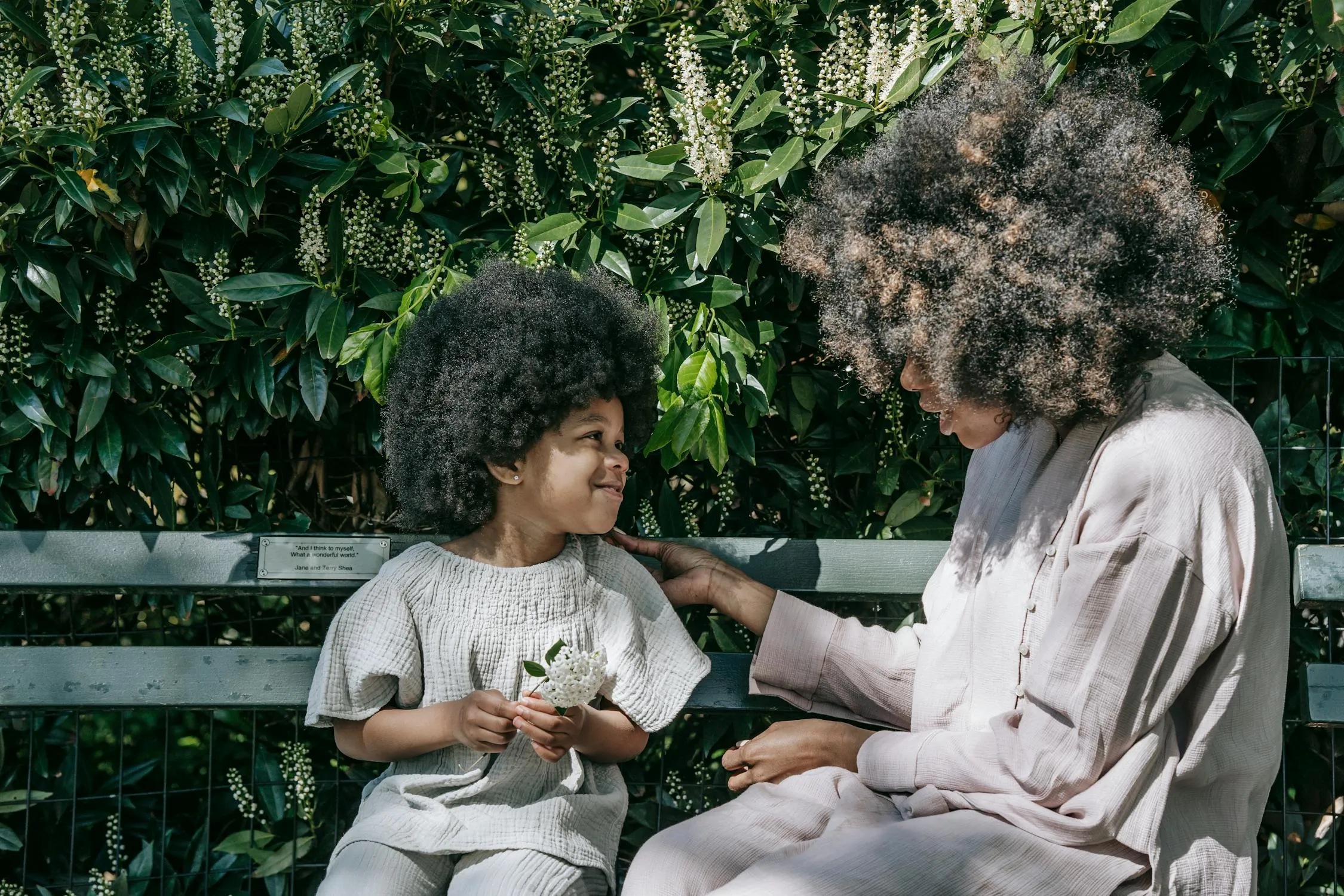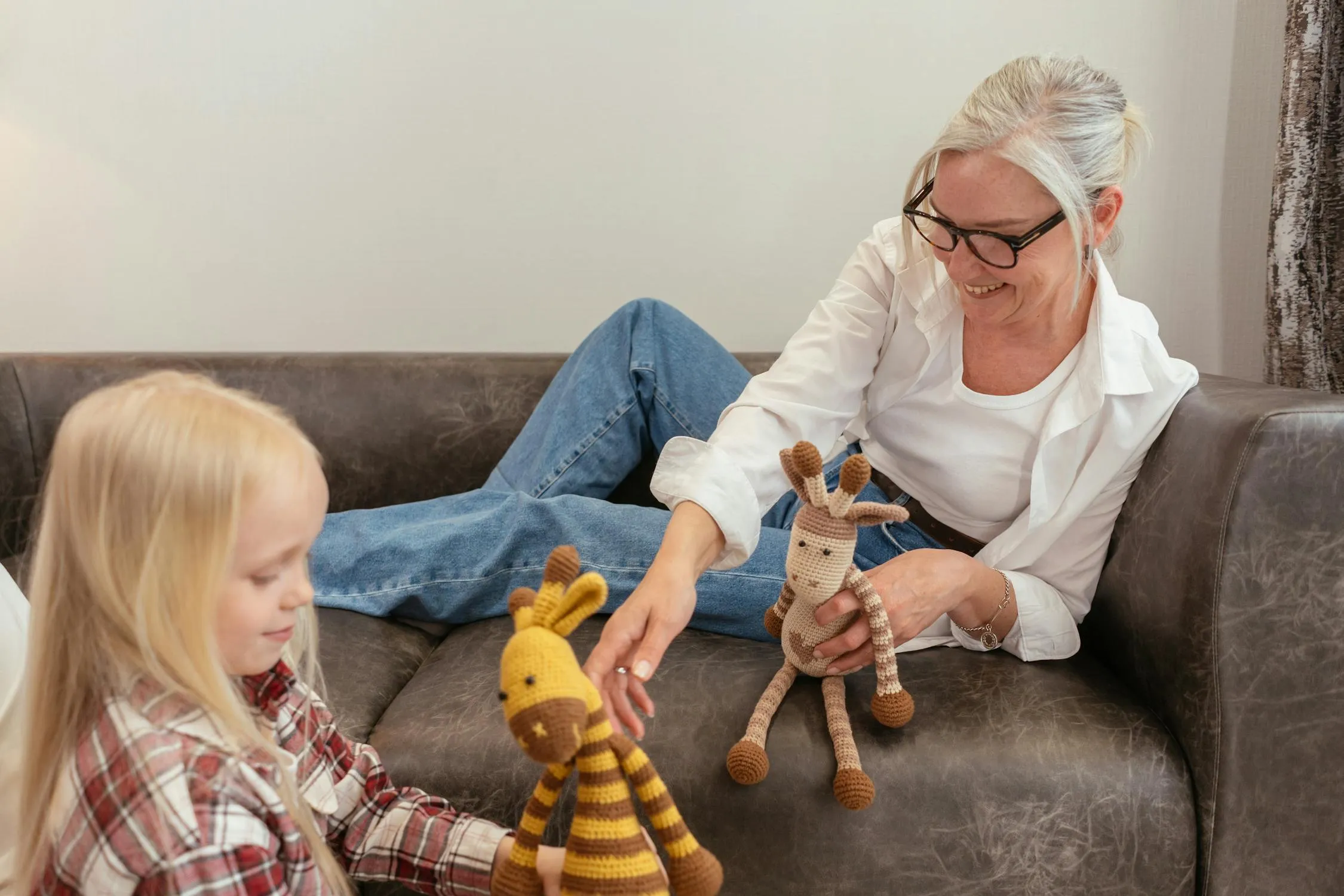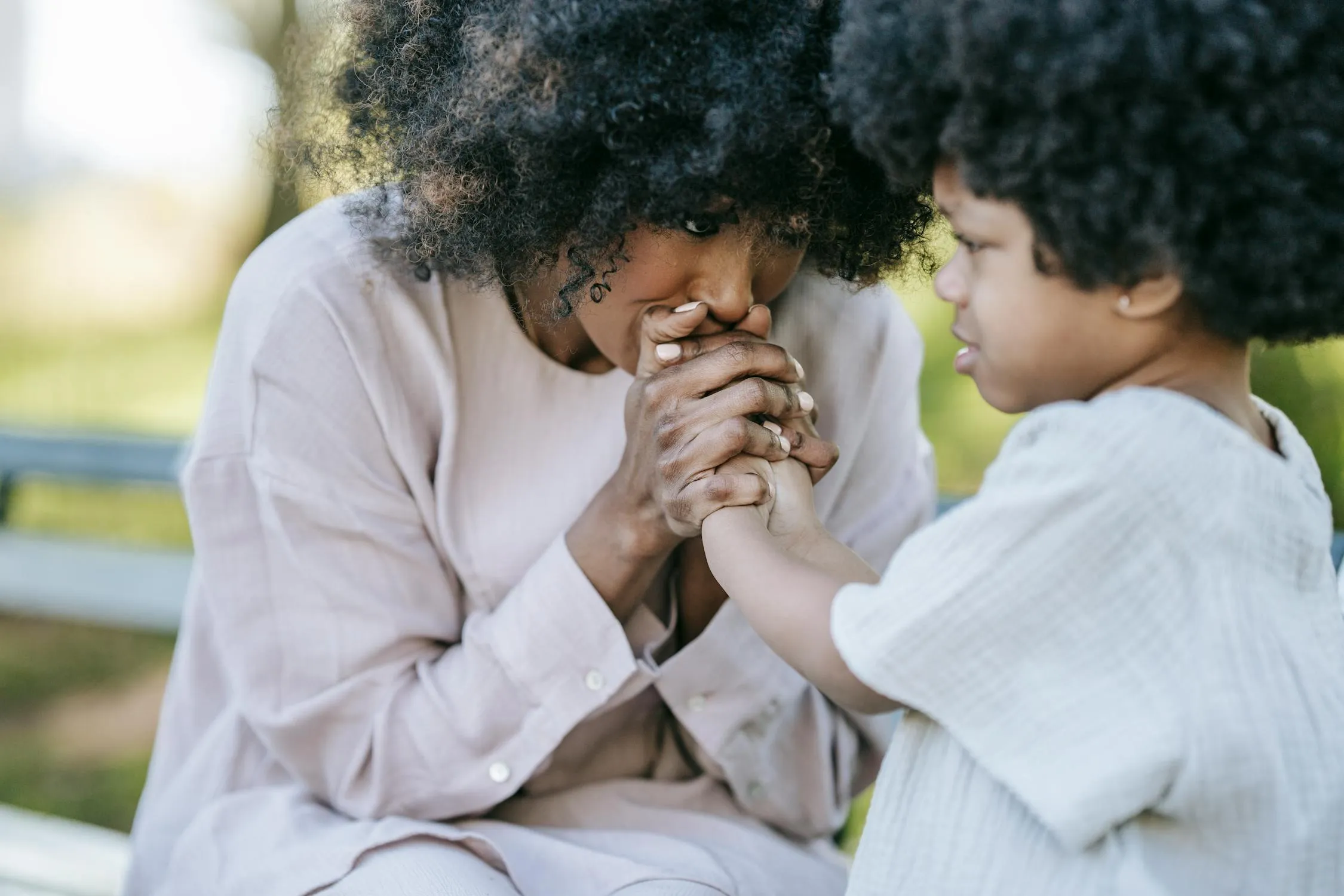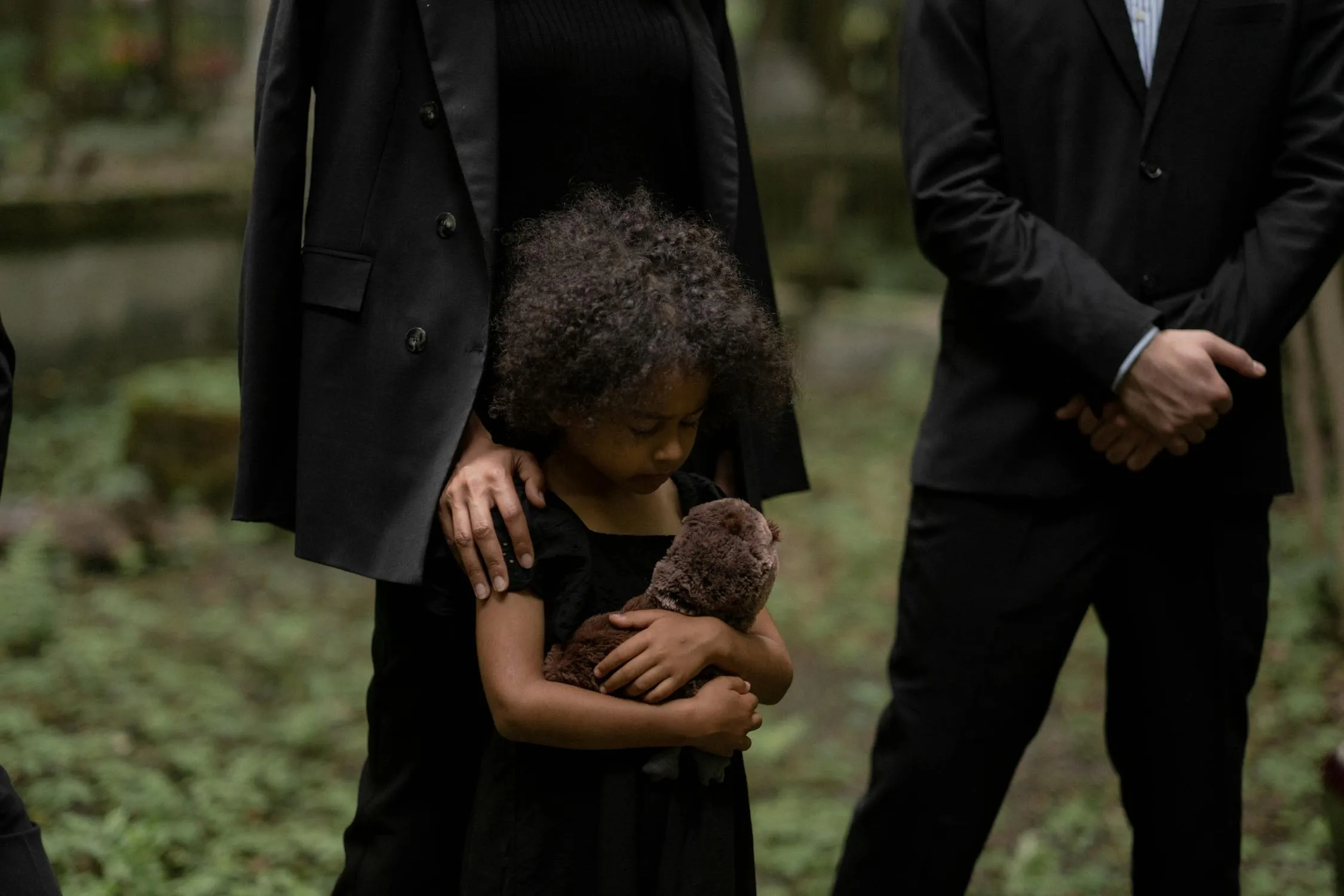20 Mental Health Conversations Every Family Needs
Mental health conversation starters like "How can I help you?" can make even the most complicated emotions feel lighter.
- Sophia Zapanta
- 5 min read

Mental health conversations are essential in building a safe and open family environment where everyone feels heard and supported. These 20 conversations can strengthen a family’s mental well-being and emotional bonds.
1. “What Does Mental Health Mean to You?”
 Barbara Olsen on Pexels
Barbara Olsen on Pexels
Take this moment to share what mental health means to everyone. To some, it means serenity, while to others, it means companionship. This is a chance to appreciate how different people think and help each other find ways to cope.
2. “What are the Things That Stress You Out?
 Kampus Production on Pexels
Kampus Production on Pexels
Ask each other, “What honestly worries you?” Talking about our most significant stressors, whether related to relationships, jobs, school, or something else, can help us understand what the other person is going through and determine how to support them as needed.
3. “How Can We Make it Easier to Share Our Feelings?”
 RDNE Stock project on Pexels
RDNE Stock project on Pexels
Talk about what every family member needs to feel relaxed, let go of discomfort, and freely express their feelings. It can be as small as maintaining silence daily, allowing everyone to speak freely without fear.
4. “Where’s a Good Place to Have Heart-to Hearts?”
 Anna Shvets on Pexels
Anna Shvets on Pexels
Designate a space or an activity—be it holding discussions at the dining table or walking around without interruptions to talk openly. This gets them to open up and make conversations feel more natural and safe.
5. “How Do You Know When You Need Alone Time?”
 Mikhail Nilov on Pexels
Mikhail Nilov on Pexels
Ask each other when’s the best time to give them space. Sometimes, the yearning for ‘alone time’ could serve the need to re-energize and not indicate disconnection. Managing each other’s personal time needs can benefit everyone in more ways than one.
6. “How Can We Tell When You’re Overwhelmed?”
 Cottonbro Studio on Pexels
Cottonbro Studio on Pexels
Share signs that indicate you’re feeling overwhelmed, like walking away or going silent. This helps family members recognize them sooner and offer a comforting presence without pressure.
7. “How Can We Disagree Without Hurting Each Other?”
 RDNE Stock project on Pexels
RDNE Stock project on Pexels
Discuss how conflict can be resolved in a civilized manner. Refrain from blaming others and instead say, *“I feel this way because…” *This makes everyone feel respected, even if you don’t see eye to eye.
8. “What’s One Thing We All Worry About?”
 Anna Shvets on Pexels
Anna Shvets on Pexels
Talking about shared issues can make everyone feel less alone in their problems. People often worry about grades, money, or relationships, and knowing you’re there to listen can be very comforting.
9. “How Do You Feel on Your Worst Days?”
 Barbara Olsen on Pexels
Barbara Olsen on Pexels
Ask each other what it’s like when they’re struggling. You might hear, “I feel tired,” or *“I don’t feel like myself.” *These feelings must be validated so every family member exhibits kindness and understanding of one another’s situation.
10. “What Are Your Boundaries, and How Can We Respect Them?”
 Pavel Danilyuk on Pexels
Pavel Danilyuk on Pexels
Whether it’s quiet, personal space, or social time, everyone has a boundary they cherish. Respecting these limits shows that everyone’s comfort is valued.
11. “Does Social Media Stress You Out?”
 Kampus Production on Pexels
Kampus Production on Pexels
Discuss whether social media causes stress and devise ways to lessen it, such as setting screen time limits or unfollowing accounts that make them feel bad.
12. “How Do You Feel About Getting Outside Help?”
 Gustavo Fring on Pexels
Gustavo Fring on Pexels
Talk about each person’s thoughts on therapy or counseling and why it’s acceptable to seek assistance when necessary. Tell them that seeing a therapist shows strength rather than weakness.
13. “What’s Something You’ve Accomplished Lately?”
 Vitaly Gariev on Pexels
Vitaly Gariev on Pexels
Make it a practice to appreciate and celebrate the small wins in life, like submitting a challenging paper or dealing with an awkward situation. Acknowledging such moments increases self-regard and helps create a positive family environment.
14. “How Can You Be Kinder to Yourself?”
 Ben Mack on Pexels
Ben Mack on Pexels
Openly talk about how you can be more kind toward yourself, especially when dealing with a difficult day or a mistake. Remember that everyone is worthy of forgiveness and kindness, even from oneself.
15. “What Makes You Handle Big Changes?”
 Arina Krasnikova on Pexels
Arina Krasnikova on Pexels
Talk about difficult times, like moving out or starting a new career. This conversation can help you prepare everyone for the changes that are inevitable but necessary for growth.
16. “How Do You Balance Life’s Responsibilities?”
 Julia M Cameron on Pexels
Julia M Cameron on Pexels
Discuss ways you cope with the demands of studying, working, and having a personal life. This conversation can help you manage stress and mental well-being against the demands of life.
17. “How Do You Cope With Loss?”
 Cottonbro Studio on Pexels
Cottonbro Studio on Pexels
Discuss what each person needs to cope with loss, whether it’s a distraction, time alone, or talking it out. If the family understands what you’re going through, they can support each other during difficult times.
18. “How Do You Bounce Back From Hard Times?”
 RDNE Stock project on Pexels
RDNE Stock project on Pexels
Discuss the concept of ‘resilience’ and what each one does to “bounce back” from a difficulty. Knowing one another’s coping mechanisms helps encourage family resilience.
19. “What are Your Dreams and Goals?”
 Yan Krukau on Pexels
Yan Krukau on Pexels
Share ideas on everyone’s dreams and goals, no matter how big or small. Showing interest in one’s ambitions can help create an environment that encourages every member to work towards bettering themselves.
20. “How Can We Keep This Conversation Going?”
 Danik Prihodko on Pexels
Danik Prihodko on Pexels
End by committing to how the family will discuss these topics daily. This level of commitment to keep sharing and opening up can make all the difference.